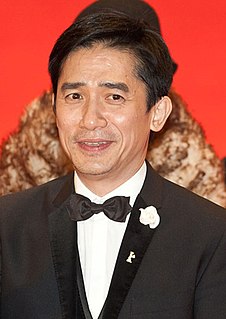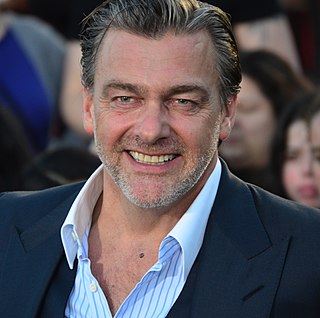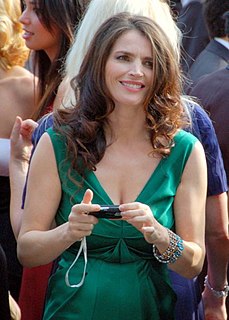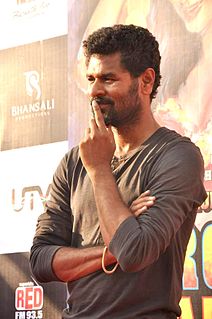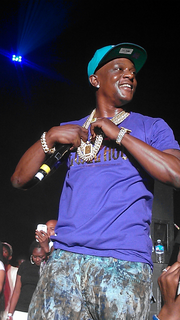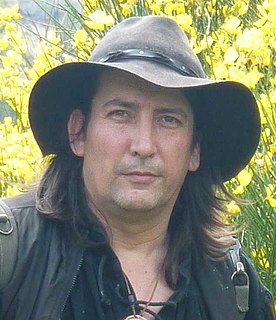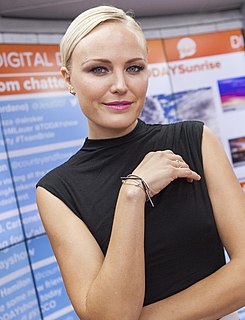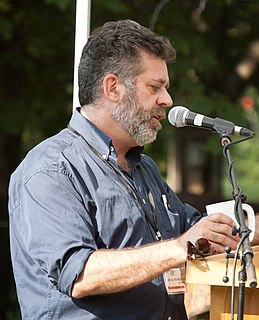A Quote by Juliette Lewis
In acting, you have a writer, a director, a character - you're working through being another person - and the irony I always tell people is when I acted early on as a teenager, it actually kept me out of trouble.
Related Quotes
When you do improv, you're everything. You're a performer, writer, and director, because you're moving the scene in the direction you want it to go, you're making it up as you go, and you're acting it. You're all of those things, so I always viewed myself that way. And with the films I've done, I've written on them, I've acted in some of them. And even ones I haven't acted in, I've acted them out just to be sure another actor can do them.
I love the chameleon nature of this business [acting]. I always have. Sometimes I'm not as recognizable as somebody else and I may not have gotten a role, but for me, acting is not a competition. I've just kept my head down and kept working, and had the great pleasure of working with some amazing people and playing some extraordinary and extreme characters.
Whatever character you play, whatever film it is, whatever story it is, for me, in my training it's always something that gives you a layered character, it's understanding the secret of that character, and so whatever comes up as "Oh, I thought that person was that," you are always carrying that within you. So actually what you're playing all the way through is both and it's just what comes out in the scene or the circumstance.
I don't feel I was ever a 'famous' child actor. I was just a working actor who happened to be a kid. I was never really in a hit show until I was a teenager with West Wing playing First Daughter Zoey Bartlet. In a way, that was my saving grace - not being a star on a hit show. It kept me working and kept me grounded.


